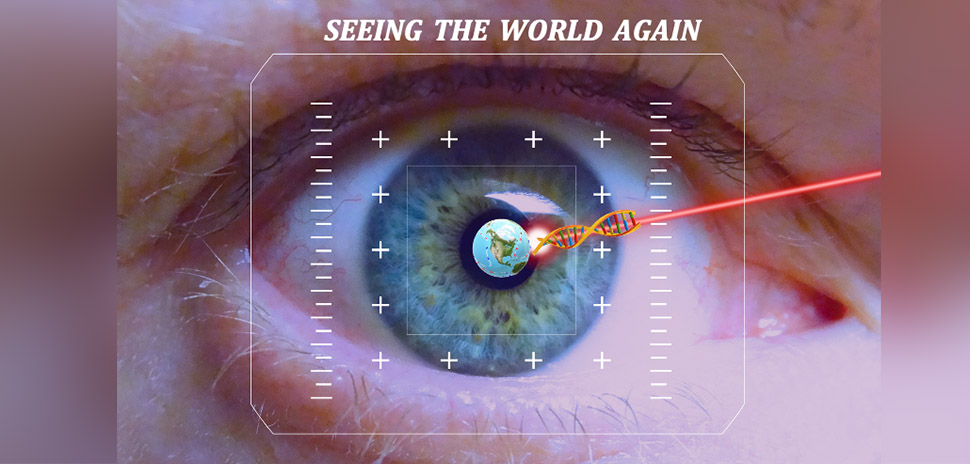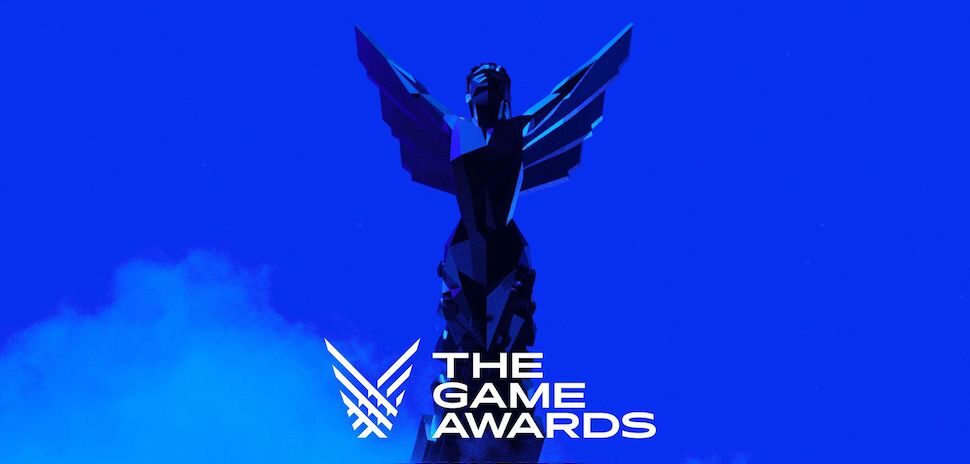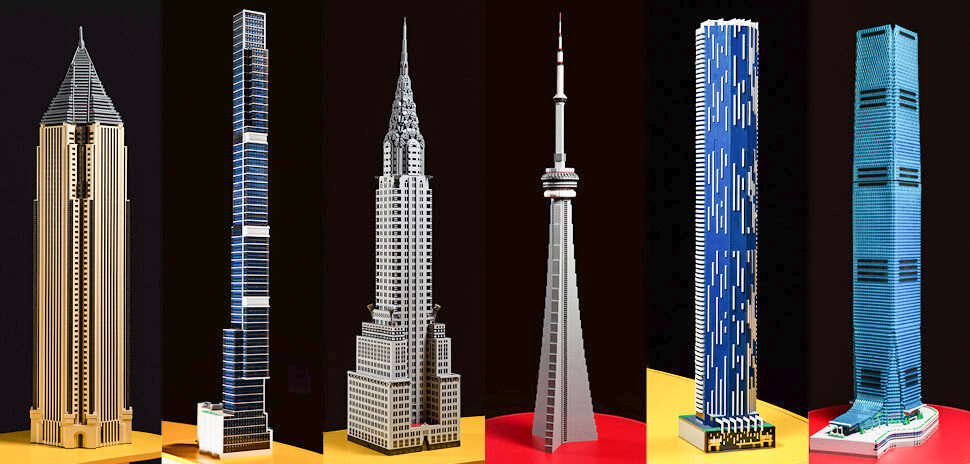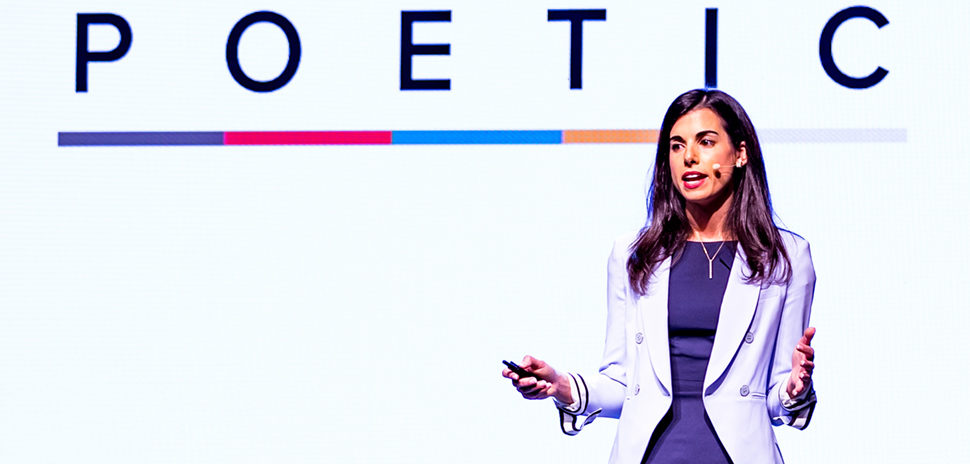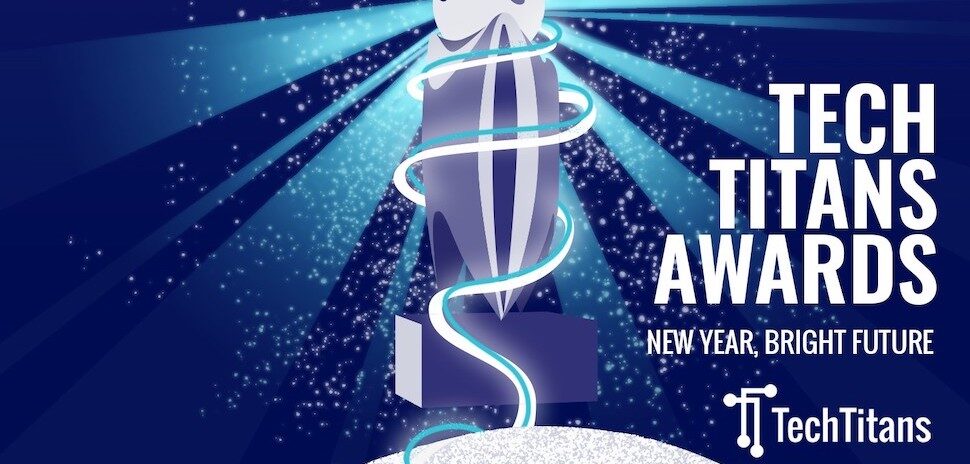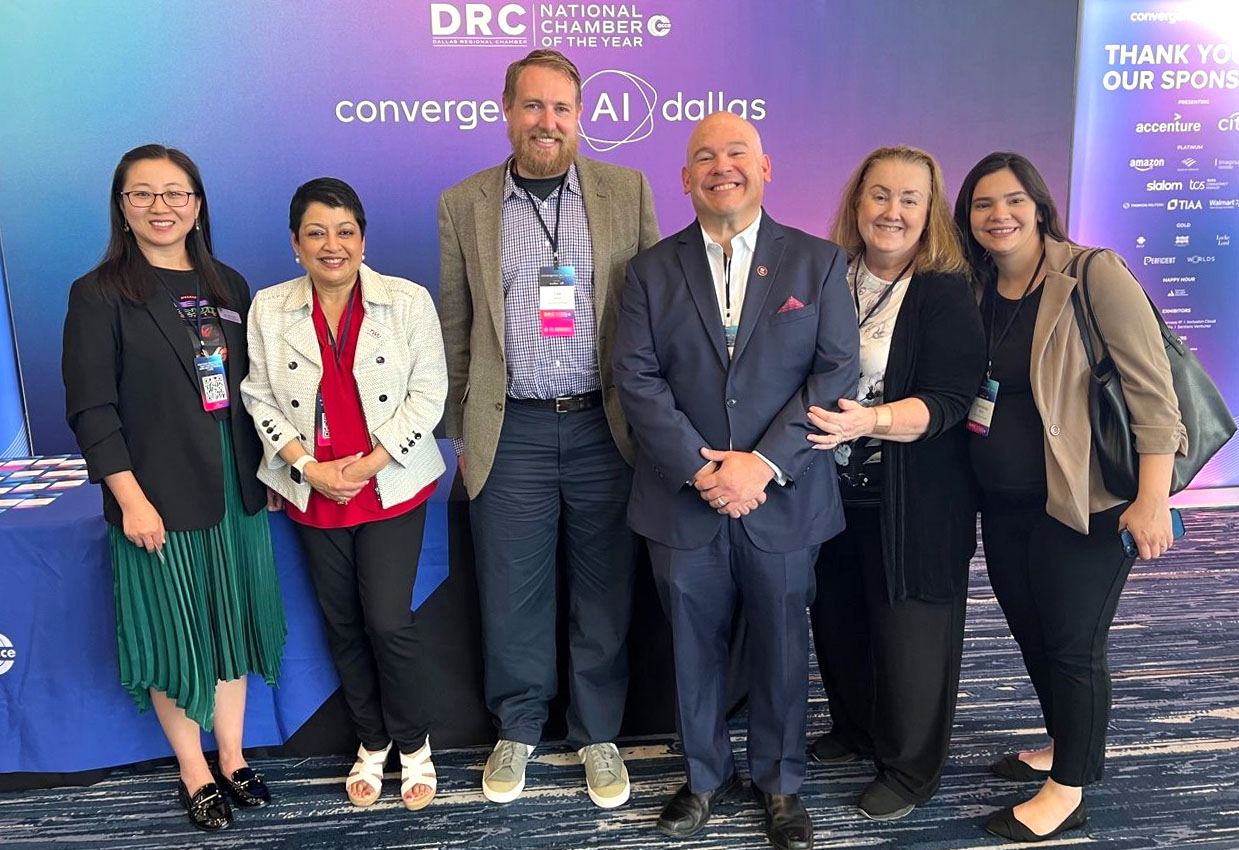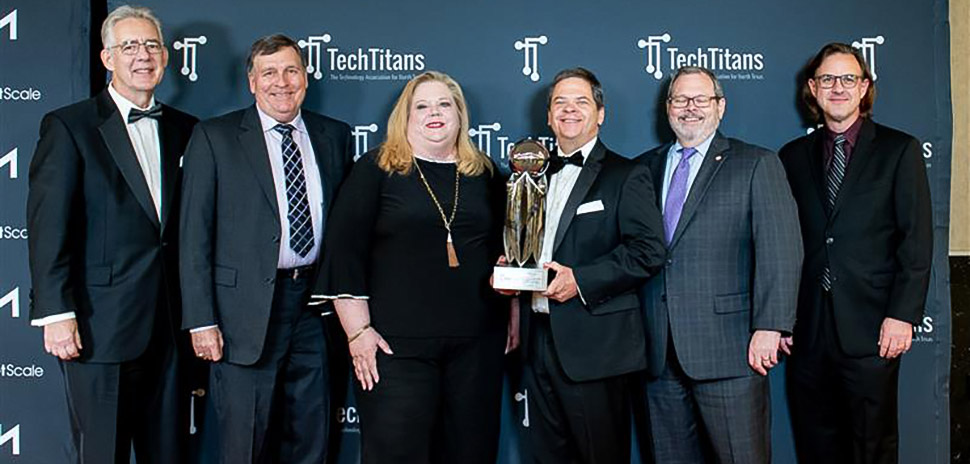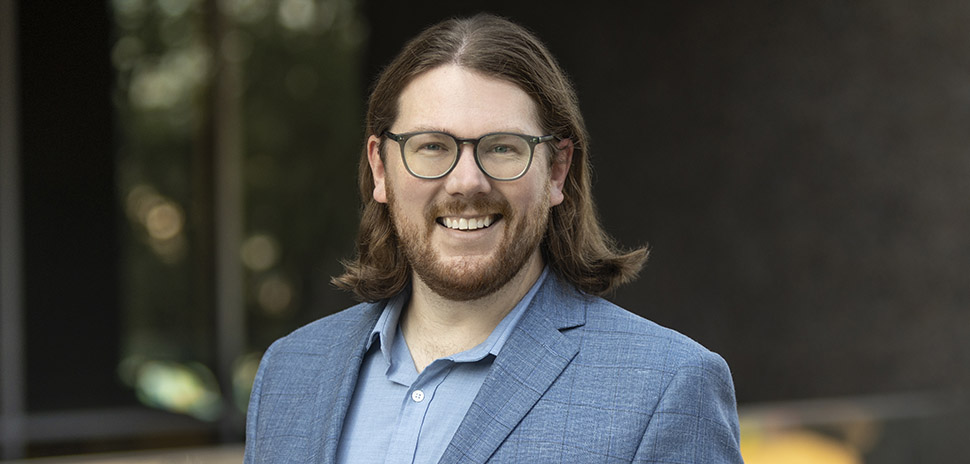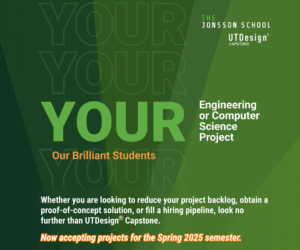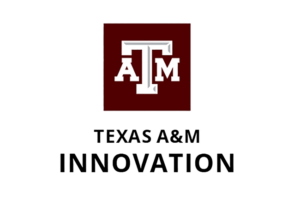Two clients of TechFW, a Fort Worth-based nonprofit that helps entrepreneurs launch tech companies, have been chosen for awards from prominent national organizations.
Nanoscope Technologies has been given more than $2 million from the National Eye Institute and DesignPlex Biomedical was chosen by NASA to produce a new ventilator.
DesignPlex Bio wins license for NASA ventilators
DesignPlex Biomedical, a Fort Worth provider of medical device design and manufacturing, is one of eight manufacturers in the country to be selected by NASA for the license, according to TechFW. Dallas’ ATRON Group was also chosen from the 100-plus applications.
Chosen by NASA’s Jet Propulsion Laboratory (JPL), DesignPlex Bio will be getting a royalty-free license to commercialize a new ventilator specifically tailored to coronavirus patients. JPL engineers created the prototype in 37 days and received an Emergency Use Authorization from the FDA on April 30.
The high-pressure ventilator—named VITAL (Ventilator Intervention Technology Accessible Locally)—is designed to use a seventh of the parts as a traditional ventilator. By using parts readily available in the supply chain, VITAL is a more affordable option for treating critical patients, which also reserves traditional ventilators for those with the most severe COVID-19 symptoms. And, VITAL can be modified for use in the field.
It will be up to DesignPlex Bio to figure out a way to commercialize the technology, all from its new purpose-built design studio and manufacturing space.
“We have a fantastic team and our design and manufacturing experience in the cardiovascular space and pneumatic controllers can be directly applied to NASA’s COVID-19 ventilator,” CEO Bob Benkowski said in a statement. The team specializes in mechanical design, electronics design, systems integration, and contract manufacturing.
Primarily, it takes medical devices (Class 2 and 3) from concept to clinical to commercial. The company’s aim is to improve a product’s reliability, cost, and functionality.
Recently, we told you about DesignPlex Bio collaborating with Dr. Steffini Stalos and her new company, Core Medical Industries LLC, to bring medical devices to market and solve the PPE shortage.
Nanoscope gets a $2M grant from the National Institutes of Health
Bedford-based Nanoscope Technologies, LLC has received more than $2 million from the National Eye Institute (NEI), a division of the National Institutes of Health (NIH), in the form of a Small Business Innovation Research Award.
With the funding, Nanoscope will work on advancing its gene therapy treatment.
The team’s research mainly focuses on advancing its therapeutic gene and delivery platform for treating degenerative eye diseases.
“The projected deliverable is a non-viral, spatially-targeted gene delivery platform for AMD therapy,” TechFW said in a release. “It would restore visual response with targeted delivery of ambient-light, activatable opsin into the retina.”
Gene delivery by viral transfection, which is commonly used, can lead to unexpected inflammatory and immunological responses. Nanoscope’s process uses a low-power, near-infrared (NIR) laser beam with a locally enhanced intensity by way of gold nanoparticles bound to the targeted cell membranes.
Nanoscope said this technology is being explored for use against diseases like COVID-19.
“Our opto-genetic platform and laser delivery technologies are synergistic and will allow treatment for fully- and partially-degenerated retina,” Samarendra Mohanty, Ph.D., the principal investigator of the grant and Nanoscope’s chief scientific officer, said in a statement.
Nanoscope also developed Multi-Characteristic Opsins that help vision improve in ambient room light by sensitizing cells toward low levels of white light.
“Not requiring any external stimulation device and sensitivity to broad range of colors makes our approach unique as there is less chance of phototoxicity and damage to the retina,” said Nanoscope CEO Sulagna Bhattacharya.
![]()
Get on the list.
Dallas Innovates, every day.
Sign up to keep your eye on what’s new and next in Dallas-Fort Worth, every day.










